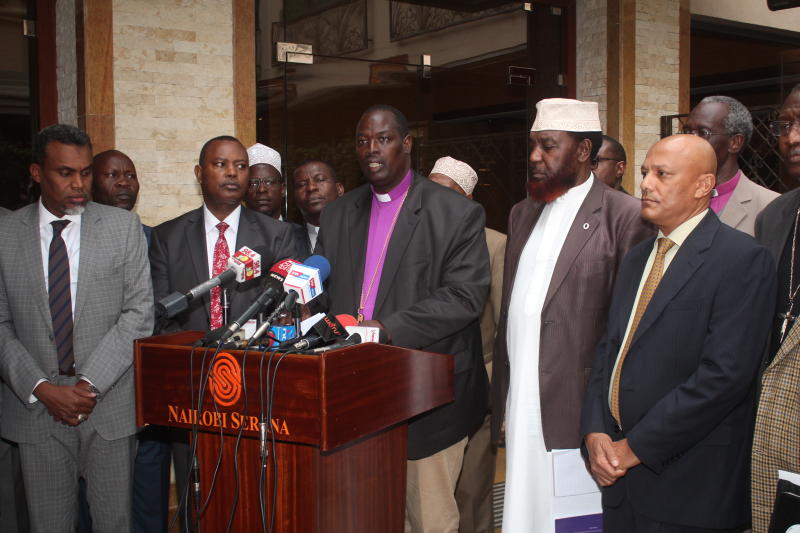×
The Standard e-Paper
Join Thousands Daily

Officers investigating high profile corruption cases are being threatened to get them to back off, Director of Public Prosecutions (DPP) Noordin Haji has disclosed.
Mr Haji further revealed that the disappearance of case files involving influential suspects was also hampering their prosecution. He warned that officers who were hiding or destroying documents would be charged with obstruction of justice.